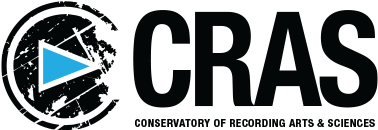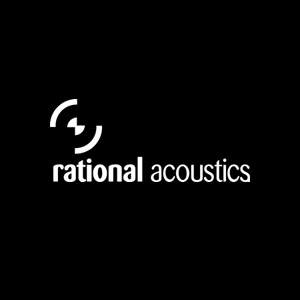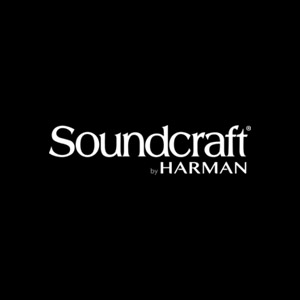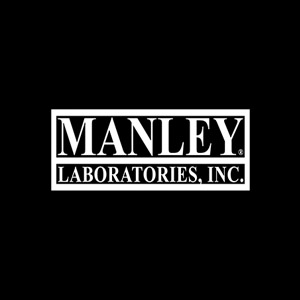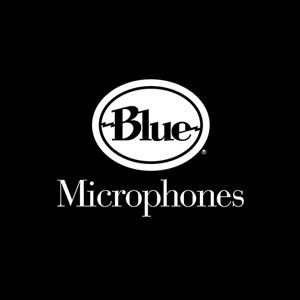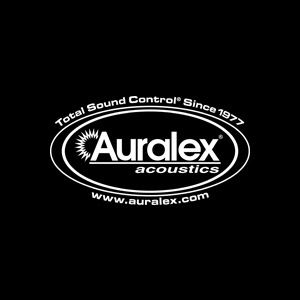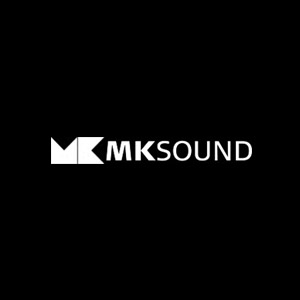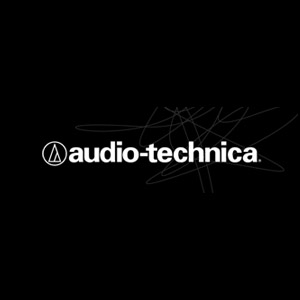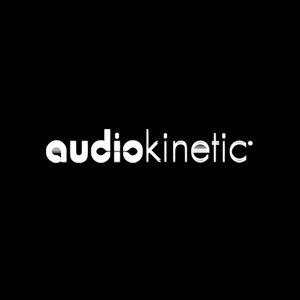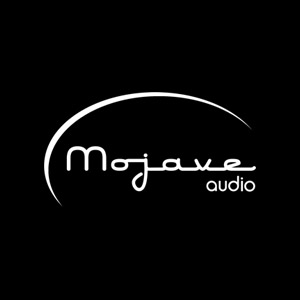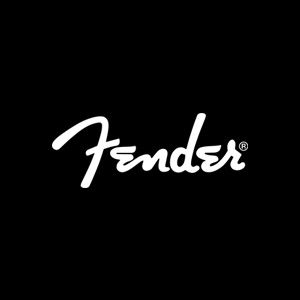What is Audio Engineering?
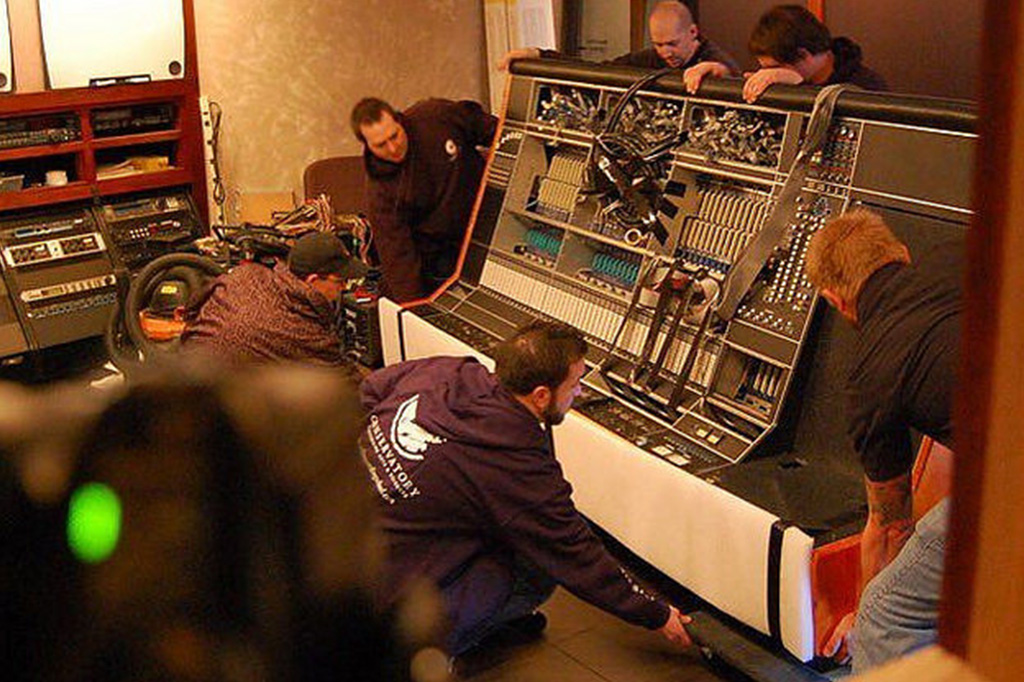
What does audio engineering mean? What does an audio engineer do? Do I need to go to audio engineering school for that? Is there a difference between audio engineering, music production, or sound recording? What about producing and beat-making? What are “recording arts”?
The Conservatory of Recording Arts and Sciences is the best audio engineering school. But what does that even mean? What do we teach here? What are “recording arts”?
What does an audio engineer do?
That depends on a number of variables! The very basic idea of audio engineering is being able to get sound from one place, to another. For example, if we think about what happens in concerts – sound starts with the vocalist singing into a microphone. Where does the sound go from there? How does the crowd get to hear it coming out of speakers?
When you put on a NetFlix show, and you hear your favorite actor crack a joke – how was it possible that you were:
- able to hear that joke,
- listen to it when you wanted to hear it, on demand,
- and hear it in the comfort of your own living room?
This is all possible thanks to the recording arts and sciences that allow us to capture and playback sound!
These are just two common examples of the importance of audio engineering. In each situation, we have an original sound source – a singer, or an actor. That sound needs to be picked up by a microphone. From there the sound is converted to electricity, which allows us to change where the sound can go, what we can do with it, and what it actually sounds like. At this point, we can choose to record, or make a copy of this audio. By recording the audio, we then gain the ability to play it back and share it with others!
Interesting History
Imagine a life without audio recording – the only way you would be able to hear your favorite Nirvana song would be to have lived in Seattle in the late 80s and early 90s, and see them perform each song themselves!
Next time you press play on your favorite song, thank an audio engineer for making that possible!
Audio Engineering
There are a multitude of jobs available under the unassuming description of “audio engineer”. If we think in terms of a recording studio, the audio engineer is responsible for preparing an ideal studio environment, meeting clients and being able to successfully deliver what the client is looking for – which in most cases is going to be a piece of recorded musical work. It’s your job as an engineer to be able to correctly record the musician’s performance, and be able to give them a good quality reproduction of their sound.
Recording
This is the first step in making a record! This involves setting up and tuning musical instruments, choosing and placing microphones, running cables, routing signal through audio mixing consoles or other outboard audio gear, and recording that audio to something – usually either a tape machine or a computer running a Digital Audio Workstation (DAW).
Each microphone usually will be recorded to its own “track”, which allows us to adjust how each instrument sounds later on. Every song you’ve heard on the radio, in iTunes, on YouTube, or on a CD starts with this process! This process can also be associated with the term “music production”, which really is the study and theory of song creation.
This step is like creating all your Recording puzzle pieces, which you will put together later.
Check out this video of our tutorial on how to record guitars! This video demonstrates the techniques used to properly set up microphones to capture the sound of both an acoustic and electric guitar:
Mixing
This is the second step in making a record. This is where we can take each of the individual audio tracks we recorded in step one, and put them together to sound like a cohesive music production experience. We can use techniques like panning between stereo channels (moving the audio left or right in the speakers), setting EQs to make each instrument sound nice, and balancing the audio levels so that each instrument can be heard correctly. This is where a lot of creativity can be applied, using effects, signal processors and automation.
Mixing is kind of like taking all of your Recording puzzle pieces, and putting them together to make a picture.
Here is an example of one of the processes you can employ during the mixing stage:
Mastering
This is the final step in the recording chain. This is where we take the finished, mixed recording, and run it through some final processing – limiting, compression, EQ tweaks – which prepare the song for distribution (where we are able to put songs on iTunes and print CDs). This step really helps to make the song sound finished, polished, and perhaps most importantly it makes the song sound the same on any playback device and speaker setup.
We could think of this as framing our puzzle and putting it on display for everyone to see!
Some of these aspects can play roles in the other audio recording disciplines as well. That’s the beauty of audio engineering – it is a science! This is like any other art school – creativity is key, but there is a science behind how to get good sounding audio. From understanding the physics of how sound propagates (develops and travels in the air), to understanding why we use an equalizer (EQ) to remove an unwanted frequency (tone) in a snare drum, there is a very definite set of sciences.
We try to stay true to these disciplines, and thus our name, the Conservatory of Recording Arts and Sciences.
Other areas of expertise for the recording engineer in a studio include:
- commercial production (making music beds and voice overs for radio and television commercials),
- radio and television broadcasting (all those pretty pixels need to have sound with them too!),
- audio-book recorder/editor,
- post production engineer (dialogue recording, sound design and effects for film and television)
- game audio designer (understanding the game world and generating sounds to provide an immersive experience).
What about work outside of a recording studio?
Most people associate audio engineering with being inside a recording studio all day. While this is sometimes true, there are tons of other things to be done outside of the studio! Think about it – any time you hear a sound being played out of a speaker, someone got paid to make that happen. Audio engineers work on projects as small as a ringtone on a cellphone, all the way up to designing exhaust systems for high end sports cars – so that those cars sound like true sports cars!
Live Sound
Live sound is one of the biggest fields of employment in the audio industry. Every venue needs to have at least one sound guy, and in many cases bands will even have their own sound guy who goes on tour with them! Think about being able to get paid to go on tour with your favorite band and listen to them every night! While there is a lot of hard work in live sound, the pay-off – being able to get paid to hang out at concerts – is absolutely a dream job!
- Front-Of-House Mixer – this is the person who is responsible for making sure what the crowd hears is good.
- Monitor Mixer – this is the person responsible for making sure the musicians can hear themselves, and their bandmates, on stage clearly.
- Wireless – a huge part of any performance art, including live theater, is using microphones to make sure the crowd can hear the performance, and wireless mics are an integral part of that!
Church Audio
Houses of worship around the world, large and small, all tend to have at least some sort of basic PA (Public Address) system. Many larger churches have a high demand for skilled audio technicians, especially with live bands, choirs, and spoken word performances occurring on a weekly basis.
Corporate Media Tech
You know how some companies go out and have extended training seminars, often held at hotels? Well, most of the time they need audio/video help too! This means that there is lots of audio work in virtually every city. Setting up a basic microphone or PA system is one of the more common jobs in this area.
Manufacturer’s Specialist
Whenever a new company wants to create a new piece of gear or technology, they want as many people to hear about it as possible. And with that new technology comes the need for people to demonstrate how it works! Understanding the fundamentals of how all of this audio gear works means that you can explain it to others. Think about being able to just go on tour across the country to show off an awesome Line Array Speaker System, or the John Lennon Educational tour bus, or the newest, fanciest digital audio mixing console!
Here is just one of the many manufacturer special seminars we have from Midas consoles!
Environmental Sound Design
Most stores that you’ve gone to probably had music playing in the background to add atmosphere to your shopping experience. Even malls will have music playing in courtyards and parking lots. Someone has to figure out how to set up those speakers, and maintain all of that technology! Think about theme parks like Disneyland as well – sound is a crucial part in making that a full blown entertainment experience.
Even cruise ships have live bands and shows too, and think about how much there is to do in Vegas!
Audio Forensics
Enhance! Audio forensics is a field of forensic science related to recording, analyzing, and evaluating sound recordings that may ultimately be used as evidence in a court of law. In audio forensics, we need to determine the authenticity of a sound, enhance anything that may be unclear or distorted, interpret and document the evidence. Much of audio forensics is dependent on digital signal processing, a very common core concept taught at CRAS.
Why should I go to music recording school?
I am proud to share this video with you. This video embodies everything we teach – from load in to load out, set up to tear down, mic checking and running the PA system – this entire performance was put on by the students, for the students!
CRAS is a recording engineer school in Tempe and Gilbert, Arizona that trains students in all the disciplines of audio engineering; studio recording, live sound, post production, broadcast audio, analog music production, digital music production, mastering, audio business, contract law, hardware troubleshooting, software troubleshooting, soldering, gear repair, mix engineering, troubleshooting, video game audio, music business, Pro Tools, Logic Pro, Reason, AutoTune, Melodyne, Waves plug-ins, sound editing, music editing, mixing music, recording lessons, audio lessons, wave theory, editing techniques, mastering techniques, and more….You name it and we teach it! We teach the skills necessary to certify students in becoming audio engineers.
There is a ton of work involved with audio engineering! Many people take it on themselves to learn everything, but our tried and true method of total immersion has proven effective time and time again. We have many grads out working in every aspect of the audio industry!
Listen to local studio owner Catherine Vericolli, CRAS grad and studio owner, talk about her experiences, and what she would do if she could come to CRAS again:
We understand everything that goes into music production and audio recording! Not only do our small class sizes complement a hands-on style of learning, but it also emphasizes the tight-knit feeling of “family” that makes the CRAS experience truly a unique and wonderful place to learn. Plus, the connections and friendships you make while at CRAS will last you a lifetime, and can be your key into the door to all sorts of opportunities. This tight knit community model can be found throughout the audio industry as well, and this can work very much in your favor! With 12 students per class, you don’t have to feel like you are going this route alone either. You’ll get to keep the same class your entire journey through school, which gives a sense of pride and unity.
CRAS grads have paved the path, all you have to do is follow in the footsteps! There are countless grads out there who are successful and continuing to evolve, and there may be a time when they need to hire some help, and I guarantee the first place they look is back where they came from, because they know the quality and level of skill found in the Conservatory program. In an industry where it’s all about who you know, we know a lot of people!
Here’s a list of all the job possibilities out there in the industry, provided you have experience in audio production and engineering:
- Acoustics/Design
- ADR (Dialogue recording for film)
- Car Audio
- Cellphone Ringtones and Apps
- Church Audio
- Commercials TV Radio
- Concert + Tour Promotion
- Corporate Presentations
- Courtroom Documentation
- Distribution
- Educational Video Production
- Engineer: FOH
- Engineer: Monitors
- Field Recording: Sound Libraries, Bio Acoustic Research; Nature Sounds
- Film
- Foley Engineer/Editor
- Forensic Audio
- Gaming (PC/Mac, Console, Apps, Mobile)
- Home Theater
- Internet Radio
- Installation: Equipment, Sound Systems, Home Theaters, Maintenance & Repair
- Licensing
- Live Performances
- Live Web Casting
- Mixing Engineer
- Movie Audio
- Music Composition
- Music Performances
- Music Production
- Music Restoration
- Music Therapy
- Music Videos
- Podcasting
- Post-Production Engineer
- Publishing
- Recording Engineer
- Royalties
- School Events
- Sound Design
- Sound Effects
- Sound Library Technician
- Speech Recognition Education and Development
- Sporting Events
- Sports Broadcast
- Studio Engineer
- Studio Maintenance
- Studio Management
- Television/Radio Broadcast
- Theater Performances
- Voice Overdubs
How can a career in audio benefit you?
If you are still reading, then clearly you have a passion for audio. And often times it’s this passion that chooses us. Music is love, and being able to be have music be a part of your career is truly a dream.
You can make this dream come true – all it takes is some hard work and dedication from you, and some experience and guidance from us.
Who should come to CRAS?
If you love sound and want to make a career out of it, this is the place to be. However, what we teach are the sciences behind the art. While our school has many artists, we do not teach “how to be an artist”. We do not place students on internships so they can hang out with their favorite musicians, although that may happen with some good luck.
This is not a school for the performing arts – it’s a school for the recording arts. We are on the other side of the glass from the performers, the artists, the singers.
We teach the skills that will improve your ability to record and create music. We simply give you the tools, it’s up to you how you use them. That doesn’t mean that we don’t have any musicians or artists in the school or on staff – quite the opposite! There are a naturally high number of musically inclined audio engineers, simply because they are a symbiotic relationship – musicians use audio engineering to improve their craft, and use that skill to afford their musical hobby.
At the same time, the beauty of being an audio engineer is that you don’t have to have that musical talent. Enjoying music is the only requirement for becoming an audio engineer.
Learning music production skills can enhance the quality of the music that you make, and that’s the bottom line. But at the end of the day, remember it’s still a job, and if you want to make a living being an audio engineer, you’ll need to find someone to pay you for that skill!
But I want to be a producer!
First off, let’s make sure you’re using the correct terminology. A record producer is defined as an individual whose job is to oversee and manage the recording (i.e. “production”) of an artist’s music. A producer has many roles that may include, but are not limited to, gathering ideas for the project, selecting songs and/or musicians, coaching the artist and musicians in the studio, controlling the recording sessions, and supervising the entire process through mixing and mastering. Producers also often take on a wider entrepreneurial role, with responsibility for the budget, schedules, contracts and negotiations.
Using this definition, a “producer” is basically the manager of a recording project. A lot of famous artists these days, such as Kanye West and Dr. Dre, are referred to as producers – but that title comes more from the management of their creative art than the art itself.
Producing is the method of taking an artistic work, and refining it into a finished project – not simply making music.
I just want to make beats.
That’s great! Without experimentation, music would stay stagnant. We don’t teach “beat-making”, but what we do teach are the skill sets that can be utilized to improve the sound quality of your own, or other’s music projects – whether they be acoustic, electric, hip hop, orchestral, or maybe something yet we haven’t heard – we will teach you the sciences behind the art.
We can’t teach you how to play guitar, but we can teach you how to make a guitar sound good! A lot of hip hop, for example, uses pre-recorded drum loops for their production. Imagine how much better your song will be with real, live drums!
Not sure what I’m talking about? Check out this example. First off, we have a hit song “Crank Dat” by Soulja Boy –
Then next, we have Travis Barker’s remix, where he just played live drums along with the original song. Just listen to the difference!
The CRAS program is a fast paced, crash course in audio engineering. We simply do not have time to teach the intricacies of music theory, song structure, and how to make hooks. Think about it, people get Master’s degrees in music theory and education, which takes years to achieve!
Why wait years for your career to get started?
